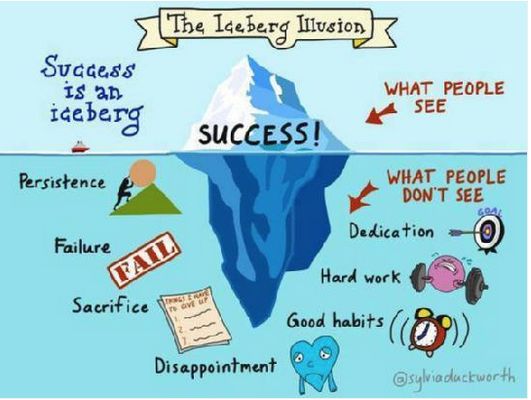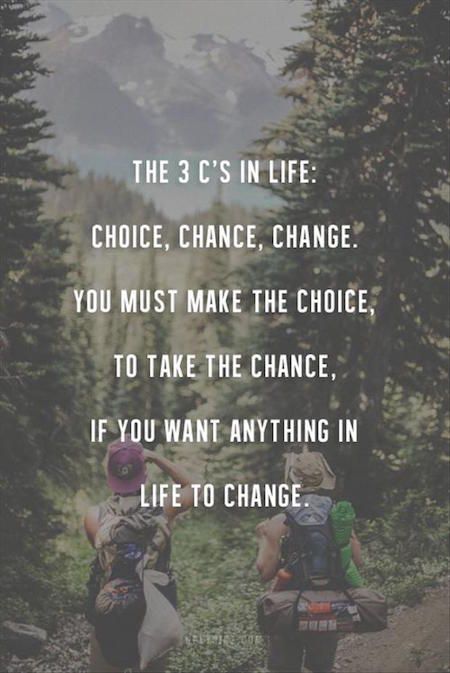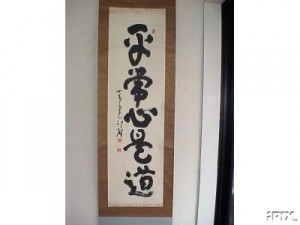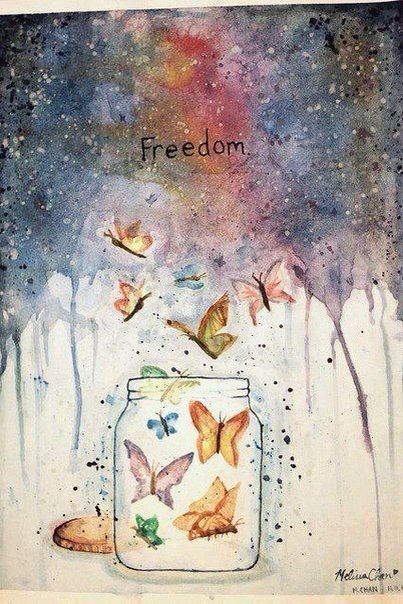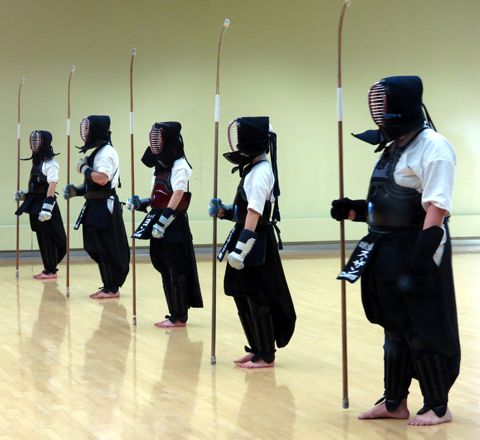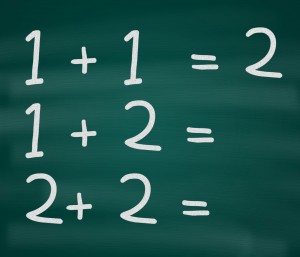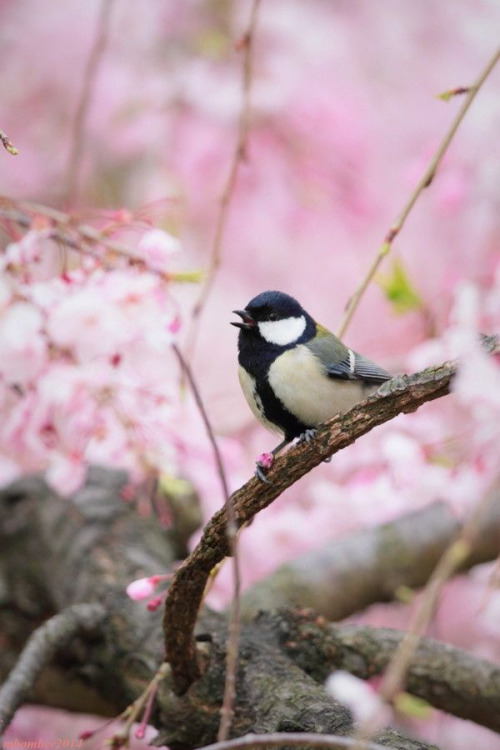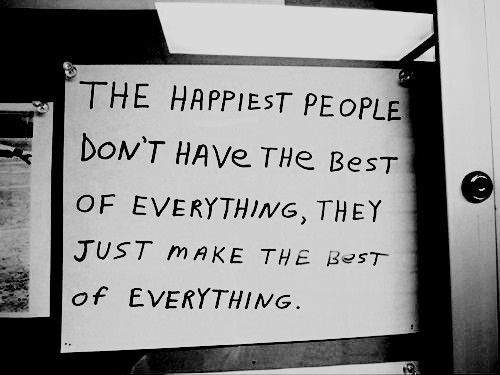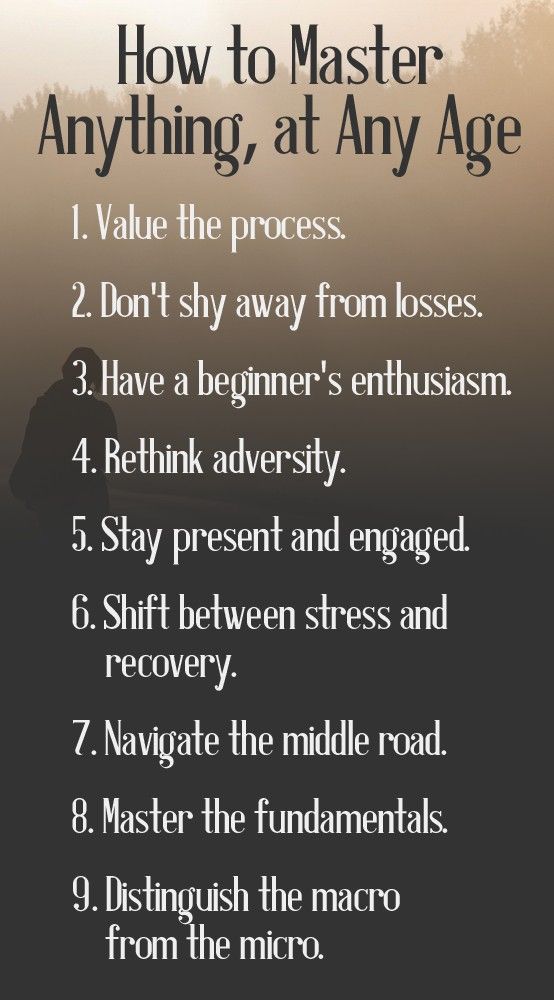 A martial artist must have hin. The dictionary definition of hin or hinkaku is to have grace or dignity, but it is a hard word to translate into English because it has no direct translation. Hin can be thought of as an air a person has about them or more generally how they carry themselves.
The famous Kendo master Mochida Moriji used to say, "Since we are not at war anymore, a kendoka should not be aggressive but should be a person of hin."
A martial artist must have hin. The dictionary definition of hin or hinkaku is to have grace or dignity, but it is a hard word to translate into English because it has no direct translation. Hin can be thought of as an air a person has about them or more generally how they carry themselves.
The famous Kendo master Mochida Moriji used to say, "Since we are not at war anymore, a kendoka should not be aggressive but should be a person of hin."
There is a story (that may or may not be true) that supposedly describes Mochida Moriji Sensei and what it means to have hin. One day a famous Kabuki actor named Ichikawa Danjuro was riding in a taxi when he saw a man walking down the street. The man walked with so much presence and grace that it caused Ichikawa to say in awe out loud, "Who is that man?" The taxi driver supposedly said, "That is the Kendo master Mochida."
I don't know if this is a true story or not but I do have another story told to by Furuya Sensei about one of his Iaido teachers named Ebihara Sensei. Ebihara Sensei was one of those old school sword teachers who carried himself like he was eight feet tall despite being someone of slight stature. He had so much presence that he embodied his art. If he just walked into the room, you got scared and stood up straighter. One day Sensei went to the movies with his friends. They were being rowdy as young people usually do when they are away from their parents. As they were playing around Sensei noticed this man sitting in the front row with impeccable posture and right then he realized that it was Ebihara Sensei. Sensei immediately stop messing around and told his friends to stop. Ebihara Sensei never turned around or made any notice of their presence, but his mere presence made Sensei and his friends behave. That is true hin.
Most of us pretend to be certain way only when we think others are watching or will notice. A martial artist never gets to have an off day and must be en garde. To be en garde means to assume that we are being watched and judged by our behavior. That is why Sensei used to say, "Always act as if your teacher is watching." Please take care and carry yourself with hin or with the utmost consideration.
.



